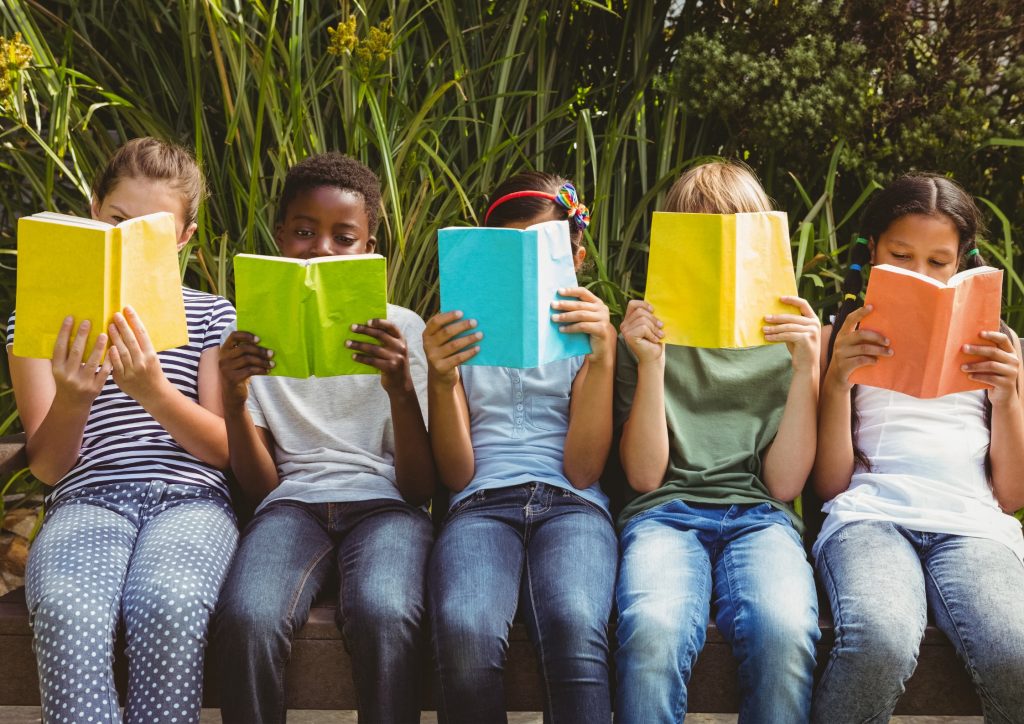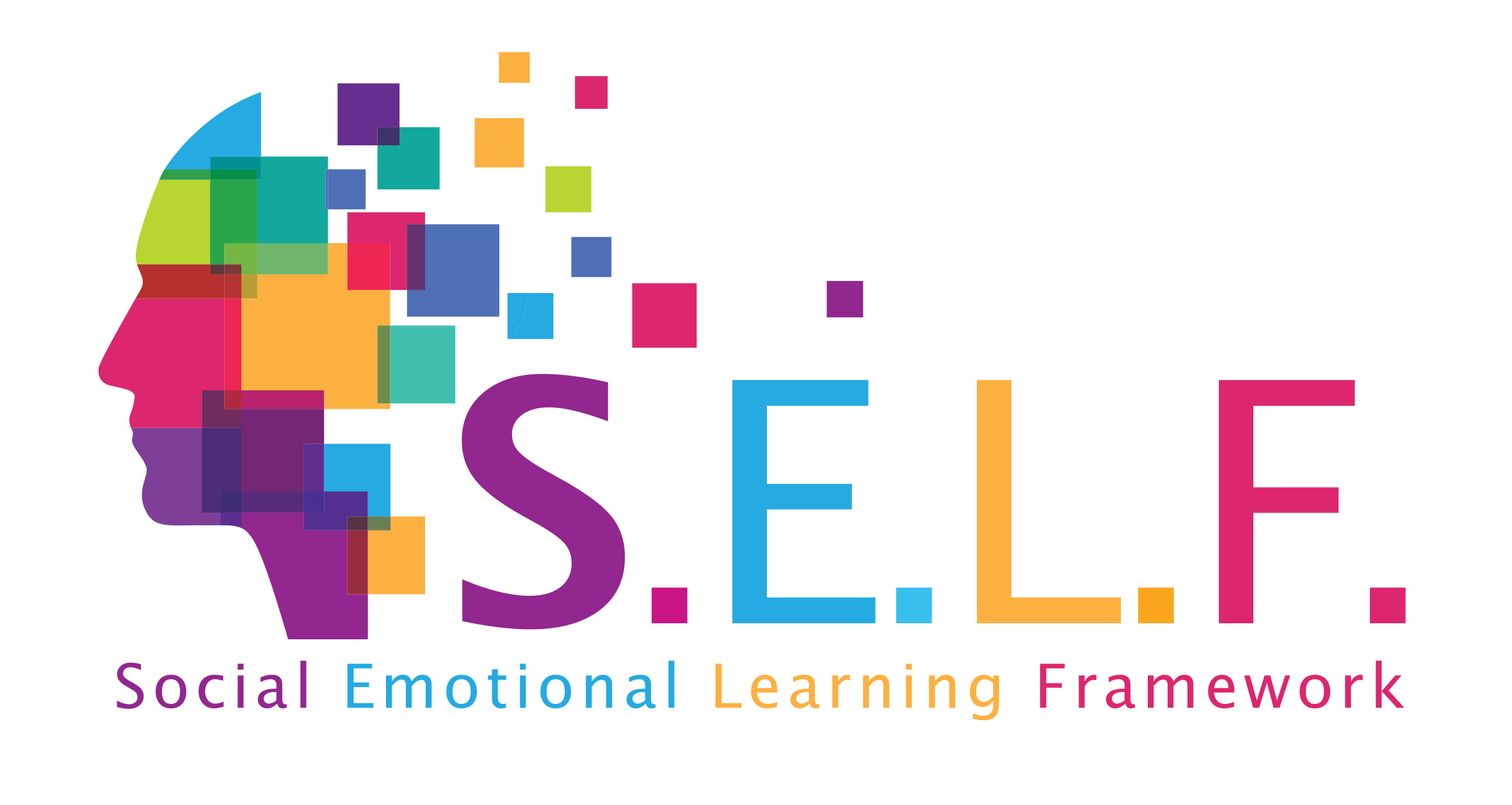LEARNING STRATEGIES
What Is A Learning Strategy?
Why Is It Important?
Best Practices
What Is A Learning Strategy?

Prosocial behavior is defined as voluntary behavior for the benefit of another person, with no expectation of a reward. Prosocial learning behaviors are achieved by transforming each moment and experience into an opportunity without following a certain curriculum in school life. There are many different techniques and studies used for prosocial learning. To this end, in addition to families and adults setting a model and their academic learning goals, socio-emotional learning settings at schools also help children acquire this behavior.
Social behaviors such as helping, sharing and cooperating constitute the basis of prosocial behaviors. All these skills are also learned in the family from the moment of birth and are reinforced by teachers along with school life.
Why Is It Important?
- Prosocial learning strategies contribute to the efforts to create a more positive classroom climate in schools, improve students’ socio-emotional skills, and further boost learning performance.
- Behaviors aligned with the benefits of the society constitute the core proficiencies that contribute to the socialization of children.
- A study conducted with high school students suggests that there is a positive and significant association between school climate, student commitment and prosocial behaviors.
- It reports that group activities and collaborative works, in which prosocial behaviors are used to a large extent, improve students’ thinking skills, encourage critical thinking, support them to take learning responsibility, and unlock their creative thinking. In addition, such activities are suggested to improve social interaction methods; play an important role in acquiring a more positive attitude towards conflicts; improving problem-solving skills, and contribute to acting responsibly towards other people.
 The techniques that students learn from each other are methods that reinforce prosocial learning for both the teacher and the learner.
The techniques that students learn from each other are methods that reinforce prosocial learning for both the teacher and the learner.
- A study conducted with primary school students argues that the peer teaching method contributes to the positive development of students in cognitive, affective and social terms.
- Through peer mediation, students on both sides can benefit in their own aspect. While the mentoring student improves skills such as leadership, taking responsibility, sharing emotions, and establishing relationships, mentored students can learn skills such as expressing their feelings and acquiring different strategies more easily from a peer.
